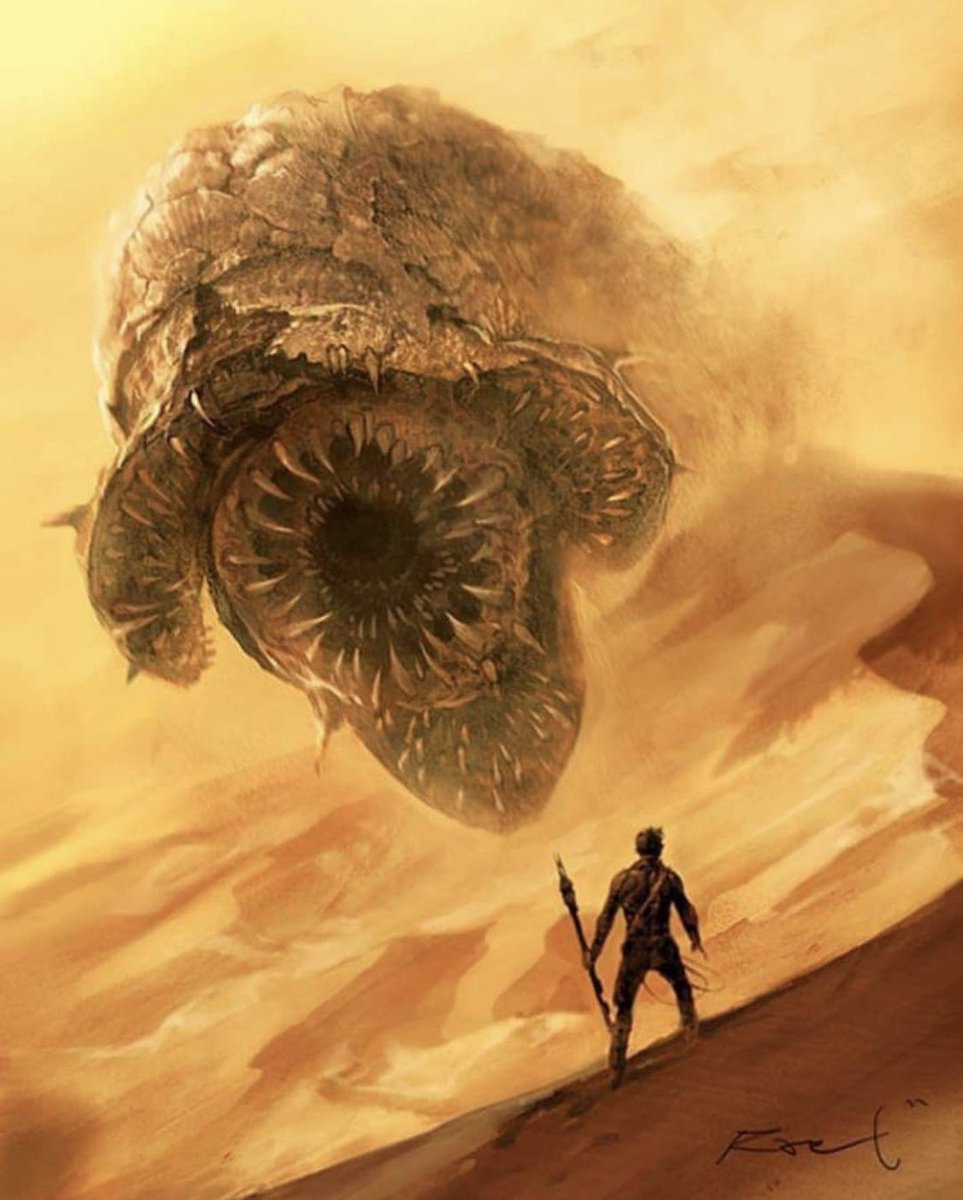
In the vast expanse of science fiction literature, few works possess the enduring mystique and cultural resonance as Frank Herbert’s “Dune” series. At the heart of this epic saga lies one of its most enigmatic figures: Muad’Dib. Across generations, readers have been captivated by the enigmatic persona and the profound influence wielded by Muad’Dib within the intricate tapestry of the Dune universe.
Muad’Dib, whose true name is Paul Atreides, emerges as a central protagonist in Herbert’s seminal work, “Dune.” Set against the backdrop of a distant future where noble houses vie for control over the desert planet of Arrakis, the narrative follows Paul’s journey from an exiled prince to a messianic figure revered by the indigenous Fremen populace.
What sets Muad’Dib apart is not merely his prowess in combat or political maneuvering, but his deep connection to the mystical underpinnings of the Dune universe. Gifted with prescient abilities, Paul Atreides navigates the complex web of destiny and free will, grappling with the weight of foreknowledge and the consequences of his actions.
Central to Muad’Dib’s character is the concept of the “Kwisatz Haderach,” a messianic figure foretold by the Bene Gesserit sisterhood. Paul’s journey embodies the convergence of various prophetic threads, intertwining politics, religion, and ecology into a singular narrative tapestry. Through him, Herbert explores themes of power, governance, and the nature of heroism, inviting readers to ponder the ethical dilemmas inherent in the pursuit of destiny.
Table of Contents
ToggleComplexities
Beyond his narrative significance, Muad’Dib serves as a lens through which readers confront timeless questions about human nature and society. In his transformation from a young noble scion to a revolutionary leader, Paul Atreides embodies the archetypal hero’s journey, replete with trials, sacrifices, and moments of self-discovery. His internal conflicts mirror the external struggles for power and survival, inviting readers to reflect on the nature of leadership and the moral complexities of governance.
Moreover, Muad’Dib’s legacy extends far beyond the confines of Herbert’s novels. The character has become a cultural icon, inspiring adaptations across various media, from film and television to video games and graphic novels. Each iteration offers a fresh interpretation of Paul Atreides’ saga, contributing to the ongoing dialogue surrounding his character and the themes he embodies.
In an age marked by rapid technological advancement and geopolitical upheaval, the enduring relevance of Muad’Dib’s story resonates with audiences seeking insight into the human condition. Through his trials and triumphs, Paul Atreides invites us to confront our own destinies, to grapple with the forces that shape our lives, and to ponder the legacy we leave behind.
Conclusion
As we continue to explore the sands of Arrakis and the depths of the Dune universe, the enigma of Muad’Dib endures, beckoning us to contemplate the timeless truths embedded within his story. In the words of Frank Herbert himself, “Muad’Dib could indeed see the Future, but you must understand the limits of this power. Think of sight. You have eyes, yet cannot see without light.” So too must we illuminate the shadows of our own existence, drawing wisdom from the echoes of Paul Atreides’ journey across the sands of time.






